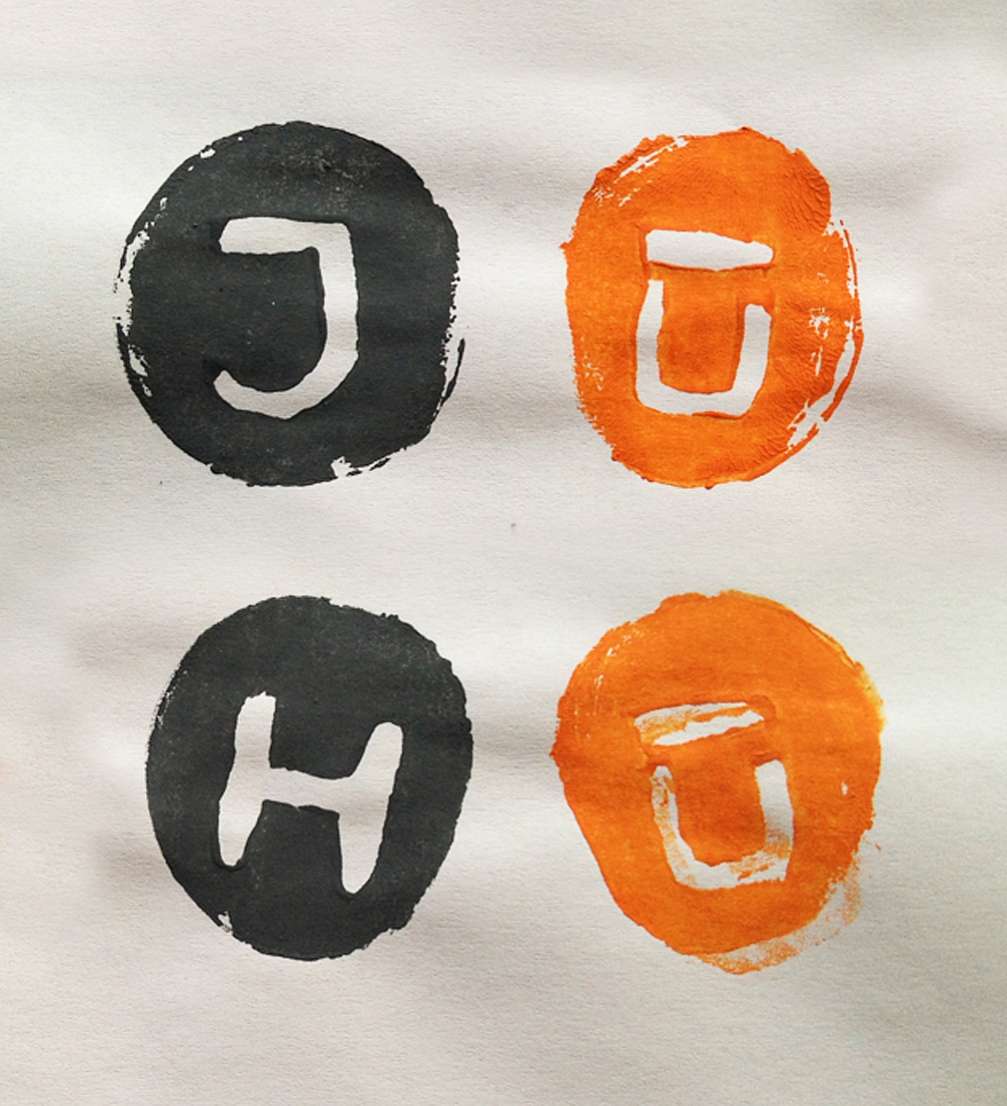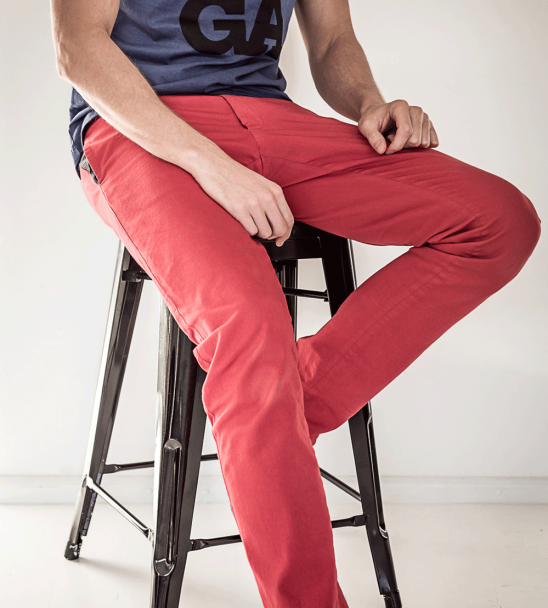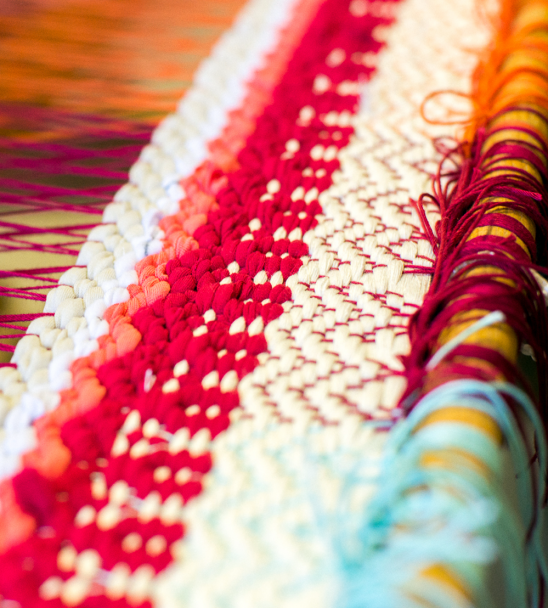
One of the initiatives that received financial support in the «Brigāde» competition, the program by the Latvian Centre for Contemporary Art and the Soros Foundation, was a project called «JūHū». It’s not just a new design label, but a beginning of a new movement in Latvia — social design, with its intention to bring together designers and people from social risk groups in order to create design objects and strengthen the community.
A meeting of two designers, Charles Bourrier and Elīna Bušmane, was the inception of «JūHū». Charles, who has a BA in industrial design from the ECAL art and design school in Lausanne, is currently studying social design at Design Academy Eindhoven, and as his MA project is developing a set of guidelines for designers’ work with social risk groups. Elīna holds a degree from the Design department of the Art Academy of Latvia, went on to study at Aalto University in Helsinki, which is a school that puts an emphasis on innovations and interdisciplinary approach. At the moment, Elīna works for a Latvian design furniture firm «Nakts Mēbeles»; she is a product development manager and a brand consultant.
Instead of focusing solely on creating a line of products or a brand, Elīna and Charles wish to develop a community to deal with social issues and support the local economy. Development of designer products under professional management is an effective tool for reintegrating people with mental and behavioural disabilities back into society and the job market. «In the twenty–first century, a designer is no longer just «an inventor of things», but a professional who is able to be flexible and solve problems within society, urban space, and economy, using design thinking as a tool to combine empathy, creativity, and rationality,» the project authors say. By creating a system that is based on community of people, by bringing together their skills and knowledge, it is possible to reach «JūHū’s» aim — responsibly create, manufacture, and sell high–quality designer products.
In the twenty–first century, a designer is no longer just «an inventor of things», but a professional who is able to be flexible and solve problems within society, urban space, and economy, using design thinking as a tool to combine empathy, creativity, and rationality.
«JūHū» authors believe that Latvia can provide fertile soil for the development of social design: «There are old craftsmanship traditions here that, in contrast with Western Europe or Scandinavia, have not turned into industrial production.» The first merchandise will be produced in collaboration with the society «Gaismas stars» — it is a support group for people with mental disabilities, and their relatives, represented by ergotherapists Ramona Mieze and Jānis Urtāns. The first product is being developed, and it will be presented to the public at the end of August. «JūHū» mention transparency of each product development stage as one of the main criteria to be followed. As stressed by the «JūHū» team, honest stories behind things and their creators are what brings an added value to these products.



Viedokļi